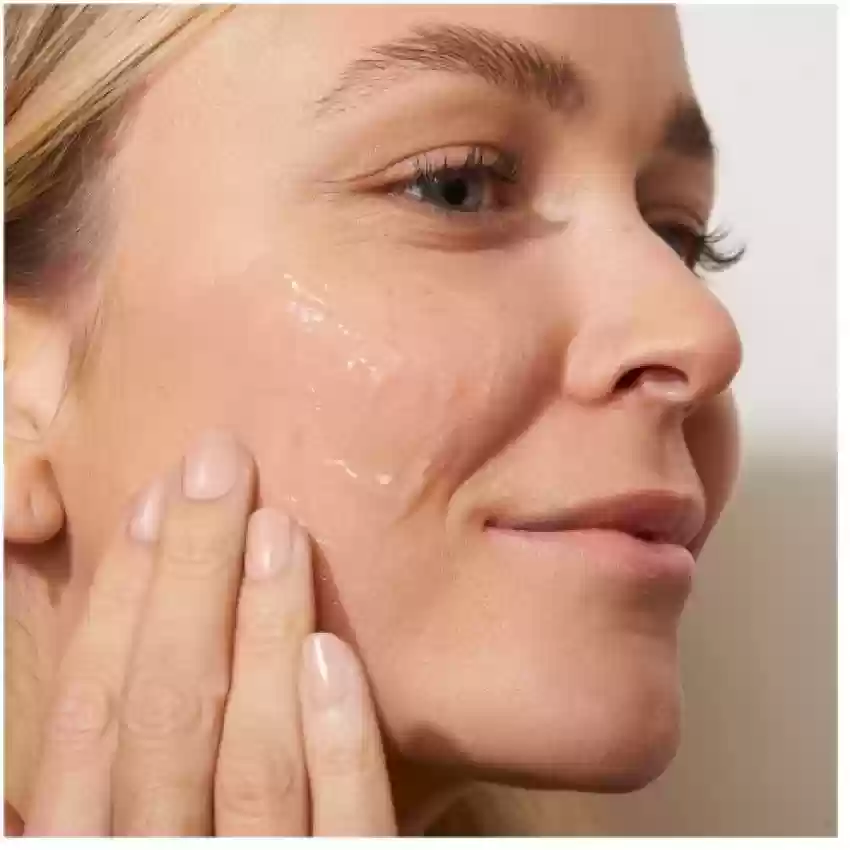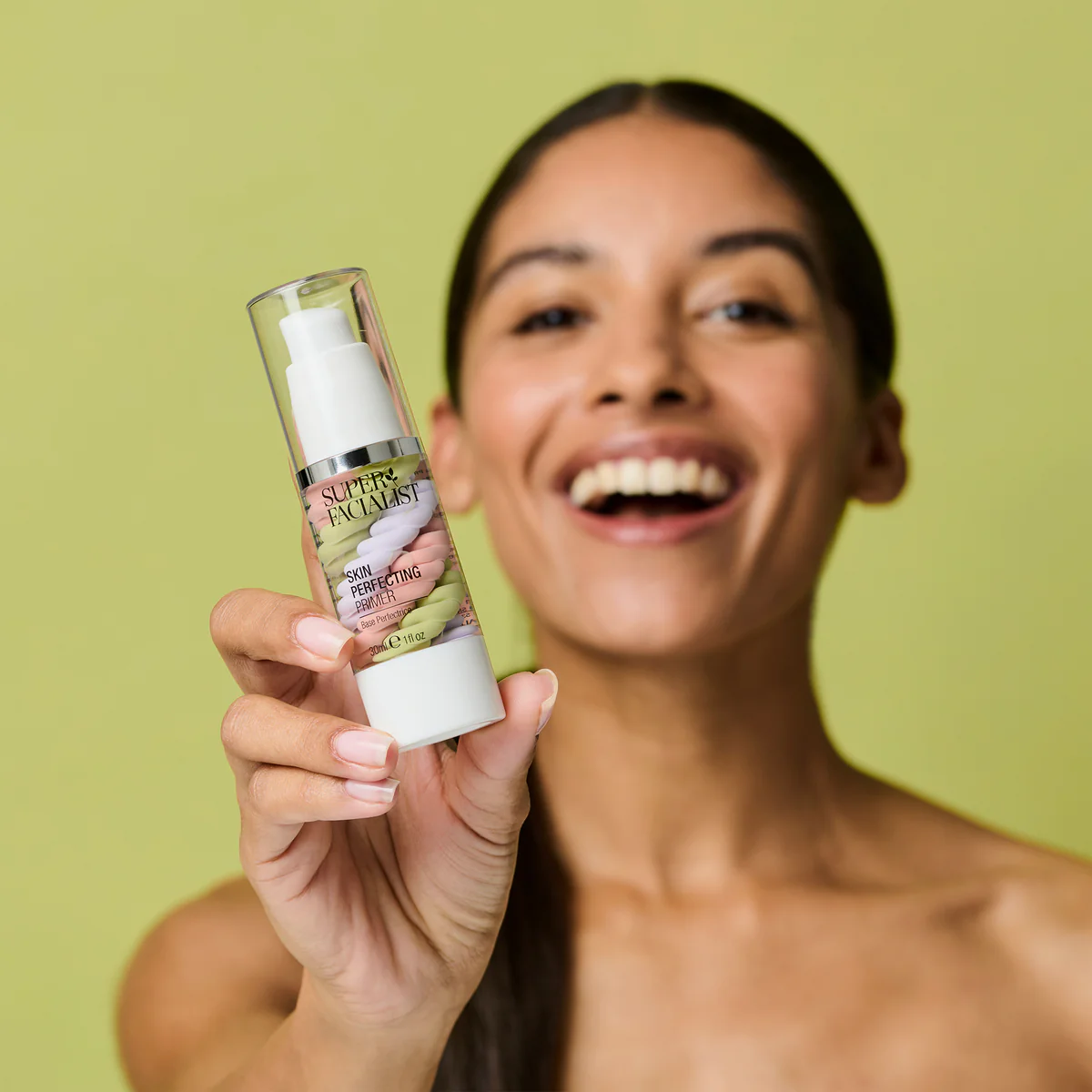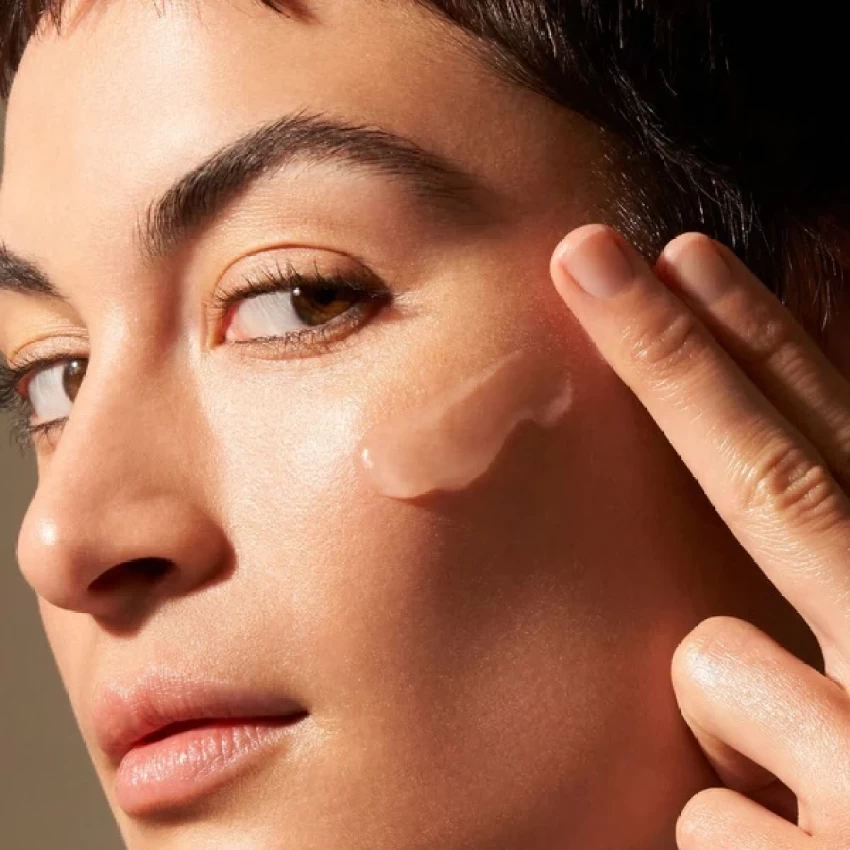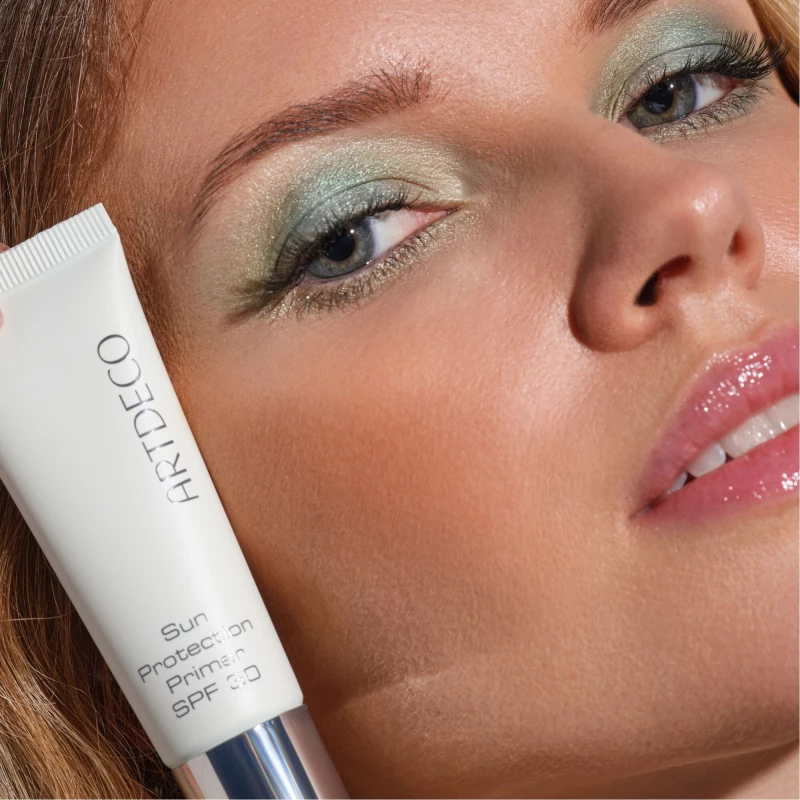
Primer for Sensitive Skin: Flawless Base Without Irritation
The Ultimate Guide to Primers for Sensitive Skin: Achieving a Flawless Base Without Irritation
Sensitive skin presents unique challenges when it comes to makeup application. Those with delicate complexions often struggle to find products that provide a smooth canvas for makeup without causing irritation, redness, or breakouts. Enter the world of primers specifically designed for sensitive skin – a game-changing solution that bridges the gap between skincare and makeup. This comprehensive guide delves into the benefits of using primer for sensitive skin, explores key ingredients to look for (and avoid), and offers tips on how to incorporate these gentle yet effective products into your beauty routine.
Understanding Sensitive Skin and Its Needs
Sensitive skin reacts easily to external factors such as environmental stressors, certain ingredients, and even changes in temperature. This reactivity can manifest as redness, itching, burning, or breakouts. People with sensitive skin often have a compromised skin barrier, making it more susceptible to irritation and moisture loss.
When it comes to makeup application, sensitive skin requires extra care to prevent adverse reactions. Traditional primers may contain ingredients that exacerbate sensitivity, leading to discomfort and a less-than-ideal makeup base. Primers formulated specifically for sensitive skin take these unique needs into account, offering a protective barrier that soothes and prepares the skin for makeup application without triggering reactions.
The Role of Primers in a Sensitive Skin Routine
Primers serve as a crucial step between skincare and makeup, offering multiple benefits for those with sensitive skin. First and foremost, they create a smooth, even surface for foundation and other makeup products to adhere to, enhancing the longevity and appearance of the overall look. For sensitive skin, primers also act as a protective barrier, shielding the skin from potential irritants in makeup products.
Many primers for sensitive skin incorporate soothing and hydrating ingredients that help to calm and nourish the skin throughout the day. By filling in fine lines and minimizing the appearance of pores, primers can reduce the amount of makeup needed, further decreasing the risk of irritation. The right primer can also help to control excess oil production without drying out the skin, striking a delicate balance that’s particularly beneficial for those with sensitive complexions.
Key Ingredients to Look for in Sensitive Skin Primers
When selecting a primer for sensitive skin, the ingredient list becomes crucial. Look for products that contain soothing and anti-inflammatory ingredients such as aloe vera, chamomile, and green tea extract. These natural components help to calm irritated skin and reduce redness. Hyaluronic acid is another beneficial ingredient, providing intense hydration without clogging pores. Niacinamide (Vitamin B3) can help strengthen the skin barrier and reduce sensitivity over time.
Zinc oxide and titanium dioxide offer gentle sun protection and can help to soothe irritated skin. Glycerin and ceramides are excellent for maintaining skin hydration and improving barrier function. Some primers for sensitive skin also include centella asiatica (also known as cica or tiger grass), renowned for its skin-healing properties. Silicones like dimethicone can provide a smooth base without irritating sensitive skin, though some individuals may prefer silicone-free options.
Ingredients to Avoid in Sensitive Skin Primers
Just as important as knowing what to look for is understanding which ingredients to avoid when choosing a primer for sensitive skin. Fragrances, both natural and synthetic, top the list of potential irritants and should be avoided. Alcohol-based ingredients can be drying and irritating, disrupting the skin’s delicate balance. Essential oils, while natural, can cause reactions in sensitive skin and are best avoided in leave-on products like primers.
Chemical sunscreens such as oxybenzone and avobenzone may irritate sensitive skin; opt for physical sunscreens instead if sun protection is desired in a primer. Preservatives like parabens and formaldehyde-releasing agents can be problematic for some individuals with sensitive skin. Harsh exfoliating ingredients such as salicylic acid or glycolic acid are best left to dedicated skincare products rather than primers. By steering clear of these potential irritants, those with sensitive skin can minimize the risk of adverse reactions and enjoy the benefits of a well-formulated primer.
Application Techniques for Sensitive Skin
Proper application of primer is key to maximizing its benefits for sensitive skin. Start with thoroughly cleansed and moisturized skin, allowing your skincare products to fully absorb before applying primer. Use clean hands or a gentle, non-abrasive brush to apply the primer, as dirty tools can introduce bacteria and potentially irritate sensitive skin. Gently pat or press the primer into the skin rather than rubbing, which can cause irritation.
Focus on areas prone to redness or uneven texture, such as the T-zone and cheeks. Allow the primer to set for a minute or two before applying foundation or other makeup products. For extremely sensitive areas, consider spot-priming rather than applying primer all over the face. When removing makeup and primer at the end of the day, use gentle, non-irritating cleansers and avoid harsh scrubbing. By following these application techniques, those with sensitive skin can enjoy the benefits of primer without exacerbating skin sensitivity.

Top Primer Recommendations for Sensitive Skin
The market offers a variety of primers specifically formulated for sensitive skin. Some standout options include the Hourglass Veil Mineral Primer, which provides a silky-smooth base with broad-spectrum SPF protection. The First Aid Beauty Hello FAB Coconut Skin Smoothie Priming Moisturizer offers hydration and priming benefits in one gentle formula. For those seeking color correction, the Dr. Jart+ Cicapair Tiger Grass Color Correcting Treatment SPF 30 helps neutralize redness while priming the skin.
The Smashbox Photo Finish Primerizer combines primer and moisturizer, offering hydration without irritation. The Ilia True Skin Radiant Priming Serum incorporates skincare benefits with priming properties, suitable for sensitive and reactive skin types. These primers have gained popularity among those with sensitive skin for their gentle formulations and effective results in creating a smooth, long-lasting base for makeup.
Incorporating Primers into a Sensitive Skin Care Routine
While primers offer numerous benefits for sensitive skin, they should be part of a comprehensive skincare routine tailored to delicate complexions. Start with a gentle, fragrance-free cleanser to remove impurities without stripping the skin. Follow with an alcohol-free toner if desired, focusing on products that soothe and hydrate rather than exfoliate. Apply a lightweight, non-comedogenic moisturizer to help strengthen the skin barrier and lock in hydration. Allow these skincare products to fully absorb before applying primer.
For daytime routines, consider using a separate broad-spectrum sunscreen before primer application to ensure adequate sun protection. At night, focus on repairing and nourishing the skin with gentle serums and moisturizers. Exfoliation should be approached cautiously, using mild chemical exfoliants or very gentle physical exfoliants no more than once or twice a week. By maintaining a consistent, gentle skincare routine in conjunction with a suitable primer, those with sensitive skin can achieve a healthy, radiant complexion that’s well-prepared for makeup application.
Troubleshooting Common Issues with Primers and Sensitive Skin
Even with careful product selection, those with sensitive skin may encounter challenges when using primers. If redness or irritation occurs, discontinue use immediately and allow the skin to calm down before trying a different formula. For persistent dryness, consider layering a hydrating serum beneath the primer or opting for a primer with added moisturizing properties. If breakouts occur, ensure that all makeup tools are clean and consider switching to a non-comedogenic or oil-free primer formula.
Some individuals may find that silicone-based primers cause congestion; in this case, water-based alternatives may be more suitable. For those experiencing flaking or pilling when applying makeup over primer, try using less product or allowing more time for the primer to set before applying foundation. If sensitivity persists despite trying various primers, consulting with a dermatologist can help identify specific triggers and recommend suitable products or treatments.

The Future of Primers for Sensitive Skin
As awareness of skin sensitivity grows and technology advances, the future of primers for sensitive skin looks promising. Cosmetic companies are increasingly focusing on developing multifunctional products that combine the benefits of skincare with makeup prep. This trend may lead to more primers incorporating active ingredients that not only prepare the skin for makeup but also improve its overall health over time. Customizable primers that can be adjusted to individual skin needs may become more prevalent, allowing for a truly personalized approach to sensitive skin care.
Advances in ingredient technology may introduce new, gentler alternatives to traditional primer components, further reducing the risk of irritation. The growing demand for clean and natural beauty products is likely to influence the development of primers for sensitive skin, with an emphasis on plant-based, non-toxic formulations. As research into skin sensitivity continues, primers may evolve to address specific causes of sensitivity, such as environmental stressors or certain skin conditions. This ongoing innovation promises to provide even better solutions for those with sensitive skin, making flawless, comfortable makeup application accessible to all.
Conclusion
In conclusion, primers for sensitive skin offer a vital solution for those struggling to find a balance between effective makeup application and skin comfort. By understanding the unique needs of sensitive skin, carefully selecting products with beneficial ingredients, and avoiding potential irritants, individuals can enjoy the benefits of primer without compromising skin health. The proper application techniques and integration into a gentle skincare routine further enhance the effectiveness of these specialized primers.
As the beauty industry continues to innovate, those with sensitive skin can look forward to even more advanced and tailored solutions in the future. With the right primer, sensitive skin no longer has to be a barrier to achieving a flawless, long-lasting makeup look. By prioritizing skin health and choosing products wisely, anyone with sensitive skin can confidently put their best face forward, knowing they’re nurturing their skin while enhancing their natural beauty.



